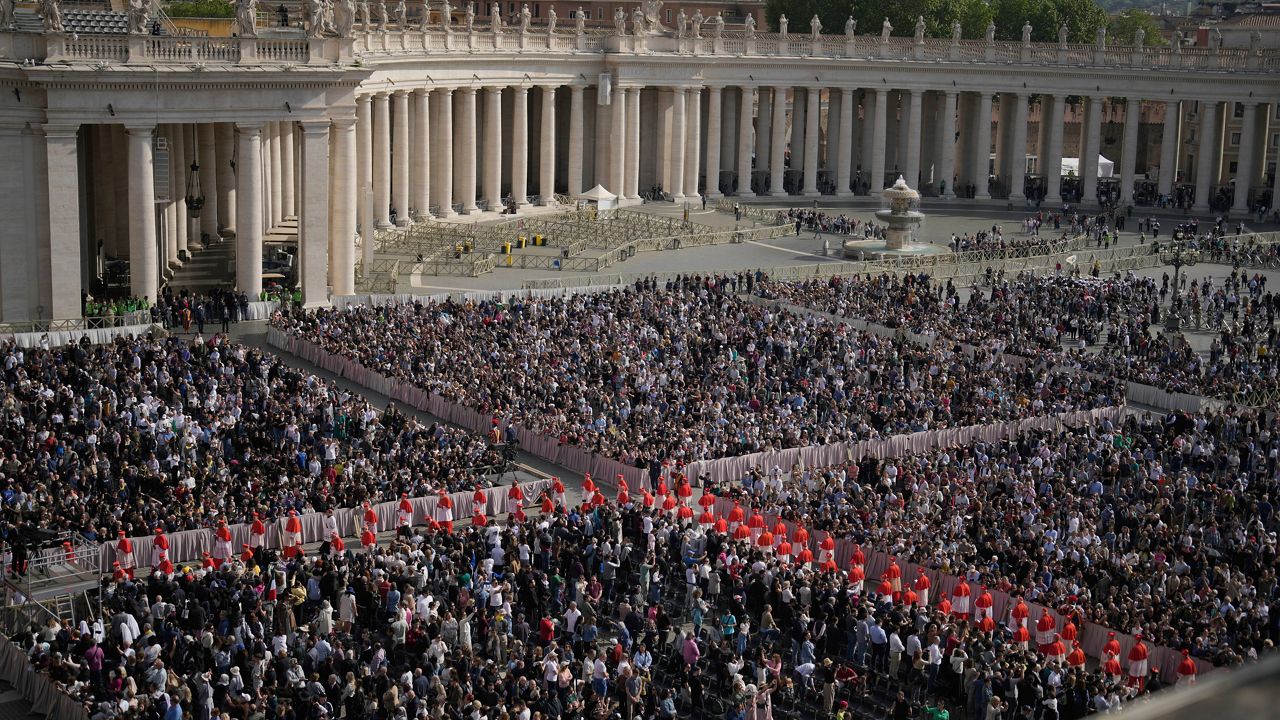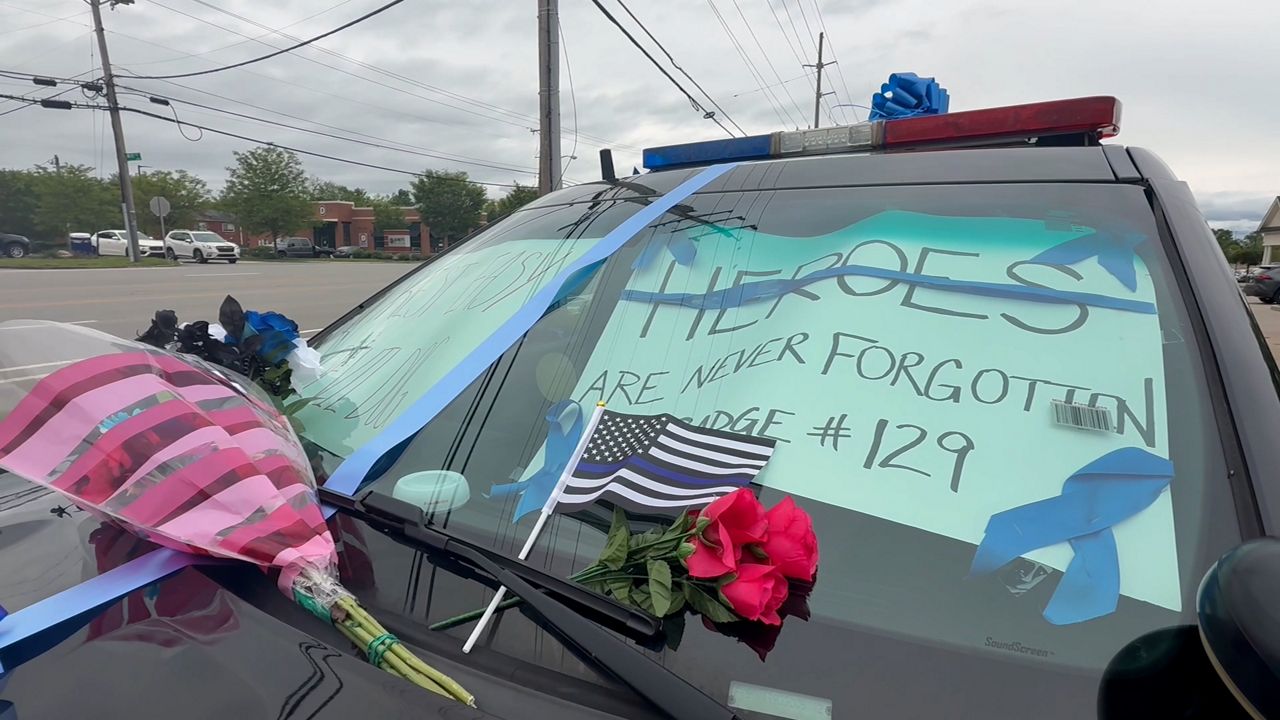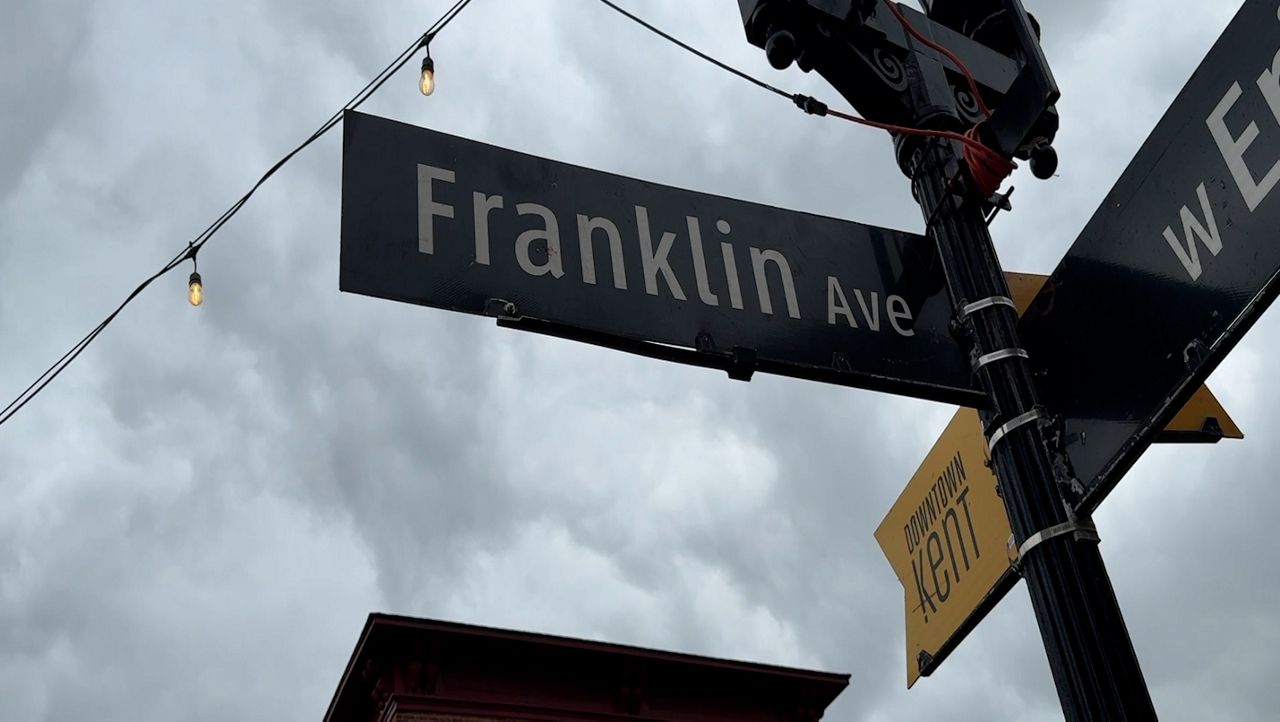DAYTON, Ohio — Pope Francis passed away earlier this week on Easter Monday at age 88, from a stroke, which led to a coma and irreversible heart failure.
His funeral will begin at 4 a.m. on Saturday, which can be watched through Spectrum News.
In Ohio, leaders and Catholics shared their thoughts on Pope Francis throughout the week. At the University of Dayton, Ohio's largest Catholic university, professors noted several things that the pope will be remembered for during his time as the pontiff, including being the first "Francis."
“Selecting the name of a 13th-century saint and church reformer was apt,” said Tim Gabrielli, Gudorf Chair in Catholic Intellectual Traditions. “His namesake St. Francis of Assisi heard God tell him to ‘rebuild my Church.’ Pope Francis will be remembered for his consistent call to Christians to live a more gospel-centered, which is to say, Jesus-centered life.”
One step he took was to diversify the College of Cardinals, who slect a new pope, appointing more cardinals from Africa, Asia, Latin America, and from smaller dioceses in Europe and North America.
“With these changes to the College of Cardinals, Francis may continue to shape the Church even after his death. The next pope could be more likely to follow in his footsteps,” said Daniel Thompson, associate professor of religious studies.
Thompson said Francis also faced opposition from certain Catholic circles.
"Some conservative prelates, linked with well-funded, and often American, Catholic networks, have publicly challenged Francis's teachings on a variety of grounds; that it compromises supposedly unchanging doctrines of the faith or moral teachings; that it eliminates the clear boundaries between Catholic faith and other religious traditions; that it incorrectly involves the Church in political or economic discussions beyond its competence; that his call for the acceptance of refugees compromises ‘Western civilization’ and European national sovereignty, etc.,” Thompson said. “In the world of social media, these ‘culture wars’ take an outsized place in any discussion of Catholicism. What is more difficult to assess is whether this resistance, or for that matter, Francis's program itself, has had any effect on the beliefs, dispositions and practices of Catholics worldwide.”
Another part of Pope Francis' legacy was his care for others, said Jana Bennett, professor and chair of religious studies.
“From the first moment when he was elected and returned to the dorm where he was staying rather than the papal apartments, to washing the feet of prisoners on Holy Thursday, to the ways he directly greets all people especially the people who are most overlooked by society, like severely disabled people,” Bennet said.
During his tenure, Pope Francis also challenged Catholics, through his encyclical Laudato Si, to address climate change and caring for the Earth.
Sandra Yocum, professor of faith and culture at the University of Dayton, said there are missteps that the pope will also be remembered for.
"His missteps in responding to the sexual abuse crisis as well as his recognizing these missteps and entering more directly into the difficult work of seeking forgiveness from those who have suffered and engaging the difficult work of reconciliation,” Yocum said.











